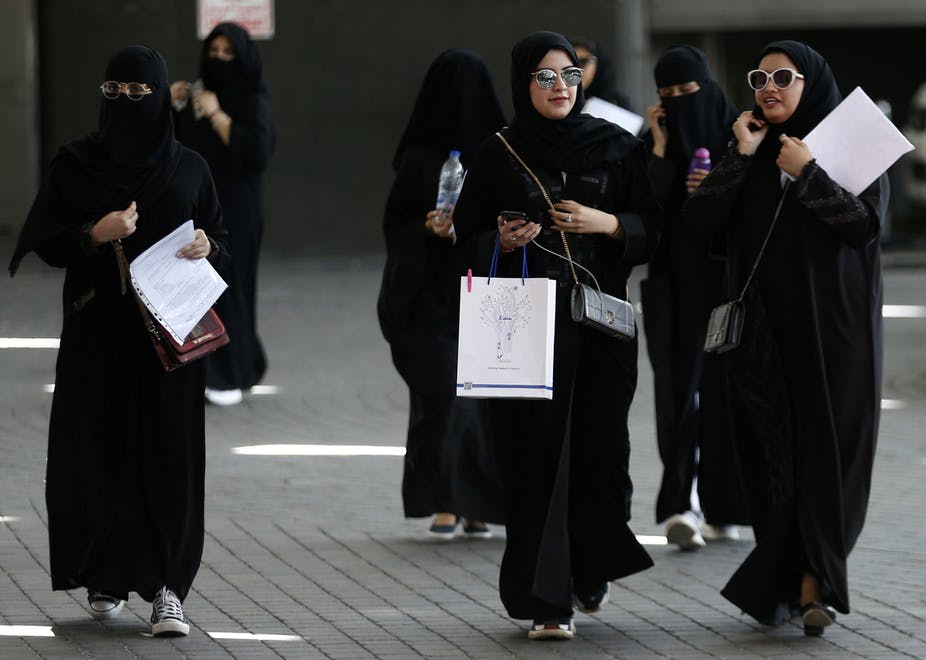
In recent years, solo female travel has surged in popularity, with more women than ever seeking destinations that offer not only adventure but also safety, cultural richness, and empowerment. Among the world’s top cities, Dubai stands out as the premier choice for women traveling alone in 2025. This vibrant metropolis effortlessly blends futuristic innovation with deep-rooted traditions, creating a unique environment where solo women can explore freely and confidently.

Dubai’s reputation as a global hub of luxury and innovation is matched by its unwavering commitment to safety and inclusivity. Recognized as the world’s safest city for solo female travelers by InsureMyTrip in 2025, Dubai offers a rare combination of state-of-the-art infrastructure, gender-sensitive public services, and a welcoming, cosmopolitan atmosphere. Whether it’s wandering through historic souks, enjoying world-class shopping, or embarking on thrilling desert adventures, women traveling alone find Dubai not only secure but also endlessly inspiring.
What truly sets Dubai apart is its proactive approach to female traveler safety, including dedicated women-only transport options, strict anti-harassment laws, and a city-wide network of surveillance and support services. Coupled with its diverse cultural experiences, luxurious amenities, and year-round sunshine, Dubai has become a beacon for solo women travelers seeking empowerment, excitement, and comfort in one dynamic destination.

Unmatched Safety: A Global Benchmark for Solo Women Travelers
Dubai’s reputation as a safe haven for women traveling alone is backed by impressive statistics and thoughtful city planning:
-
Safety Scores: Dubai scored an outstanding 83.11/100 for nighttime safety and 86.23/100 for gender-neutral security, reflecting its commitment to protecting all visitors around the clock.
-
Women-Only Facilities: The city offers women-only metro carriages, taxis, and designated beach areas, allowing women to travel comfortably and securely.
-
Strict Legal Protections: Dubai enforces zero tolerance policies against harassment and violence, with swift legal action and strong police presence.
-
Surveillance & Lighting: Public spaces are well-lit and monitored by thousands of CCTV cameras, ensuring safety even late at night.
-
Community Support: Many hotels, tour operators, and public venues provide female-only staff and guides, creating a welcoming environment tailored to solo women travelers.

A Wealth of Experiences Tailored for Every Interest
Dubai’s offerings go far beyond safety, delivering unforgettable experiences that blend luxury, culture, and adventure:
-
Thrilling Adventures: From skydiving over the iconic Palm Jumeirah to dune bashing and camel trekking in the desert, adrenaline seekers will find plenty to excite them.
-
Cultural Immersion: Wander through the historic Al Fahidi Neighborhood, visit the Dubai Museum, and shop for handcrafted treasures in the bustling Gold and Spice Souks.
-
Luxury & Leisure: Indulge in world-class shopping at the Dubai Mall, savor gourmet meals at the Burj Al Arab’s fine dining restaurants, or relax at exclusive women-only spa retreats.
-
Social Media Hotspot: With over 35.7 million TikTok hashtags featuring Dubai, the city is a magnet for influencers and travelers eager to capture its stunning skyline, vibrant street art, and dazzling fountains.
.jpg)
Practical Comforts: Affordable Luxury Meets Convenience
Dubai offers a seamless travel experience that balances high standards with affordability:
-
Average Daily Cost: Approximately $289 per day, covering comfortable accommodation, meals, and activities without compromising quality.
-
Accommodation Variety: From boutique hostels and mid-range hotels to ultra-luxurious resorts, Dubai’s lodging options earned a 4.26/5 quality rating, catering to all budgets and preferences.
-
Efficient Transportation: The city’s modern metro system, including women-only carriages, taxis, and ride-hailing apps, make getting around easy and safe.
-
Cleanliness & Infrastructure: Dubai consistently ranks among the world’s cleanest cities, with immaculate streets, public restrooms, and well-maintained parks.

Why Dubai Is Perfect for Today’s Solo Female Traveler
The rise of solo female travel-now accounting for 71% of all solo travelers globally-makes Dubai’s offerings especially relevant:
-
Cultural Respect with Modern Freedom: While modest dress codes are encouraged in public spaces, Dubai’s cosmopolitan vibe welcomes diversity and personal expression.
-
Empowering Environment: Women can explore independently, join women-only tours, or participate in female-focused networking and wellness events.
-
Connectivity & Community: Free Wi-Fi in public areas, women’s coworking spaces, and social meet-ups make it easy to stay connected and meet like-minded travelers.

Insider Tips for Female Solo Travelers in Dubai
-
Dress Code: Opt for modest yet stylish attire-covering shoulders and knees-in public places to respect local customs while staying comfortable.
-
Best Time to Visit: November to March offers pleasant weather, perfect for outdoor activities and sightseeing.
-
Safety Apps: Download local safety apps like Dubai Police and RTA for quick access to emergency services and transport info.
-
Women-Only Tours: Consider booking women-only desert safaris, city tours, or cooking classes for a more personalized experience.
-
Stay Hydrated & Sun-Safe: Dubai’s desert climate means high temperatures; always carry water and use sunscreen.

The Final Verdict
Dubai’s overall score of 7.71/10 reflects a city that masterfully blends tradition and innovation, offering solo female travelers a unique space to explore confidently and comfortably. Whether you’re wandering through ancient souks, indulging in luxury shopping, or experiencing thrilling adventures, Dubai empowers women to embrace independence without compromise.
Quick Facts at a Glance
-
Safety: 83.11/100 nighttime, 86.23/100 gender-neutral security
-
Activities: 4.58/5 rating, from cultural tours to extreme sports
-
Cost: $289 average daily budget
-
Accommodation: 4.26/5 quality rating
-
Social Buzz: 35.7 million TikTok hashtags
-
Transport: Women-only metro, taxis, 24/7 surveillance
-
Global Rankings: Safest city for solo women, 2nd safest city overall, cleanest city in 2025

Plan Your Dubai Solo Adventure Today!
From women-only guided tours to private yacht charters and wellness retreats, Dubai offers every solo traveler the perfect blend of safety, excitement, and cultural richness. Pack your bags, bring your confidence, and discover why Dubai is the world’s best city for female solo travelers in 2025.
Feature Image Suggestion: A confident solo female traveler enjoying a sunset view from the Burj Khalifa observation deck, with Dubai’s skyline glowing in the background.


.jpg)


.jpg)
 (1).jpg)
.jpg)
 (1).jpg)
.jpg)
 (1).jpg)


 (1).jpg)
.jpg)
.jpg)
.jpg)

 (1).jpg)
.jpg)
.jpg)
.jpg)
.jpg)

.jpg)
.jpg)
.jpg)
 (1).jpg)


.jpg)
.jpg)

.jpg)


.jpg)
.jpg)
.png)
.jpg)

.jpg)
.jpg)
.jpg)
.jpg)

.jpg)
.jpg)
.jpg)
.jpg)
 (1).jpg)
.png)
.jpg)
.jpg)